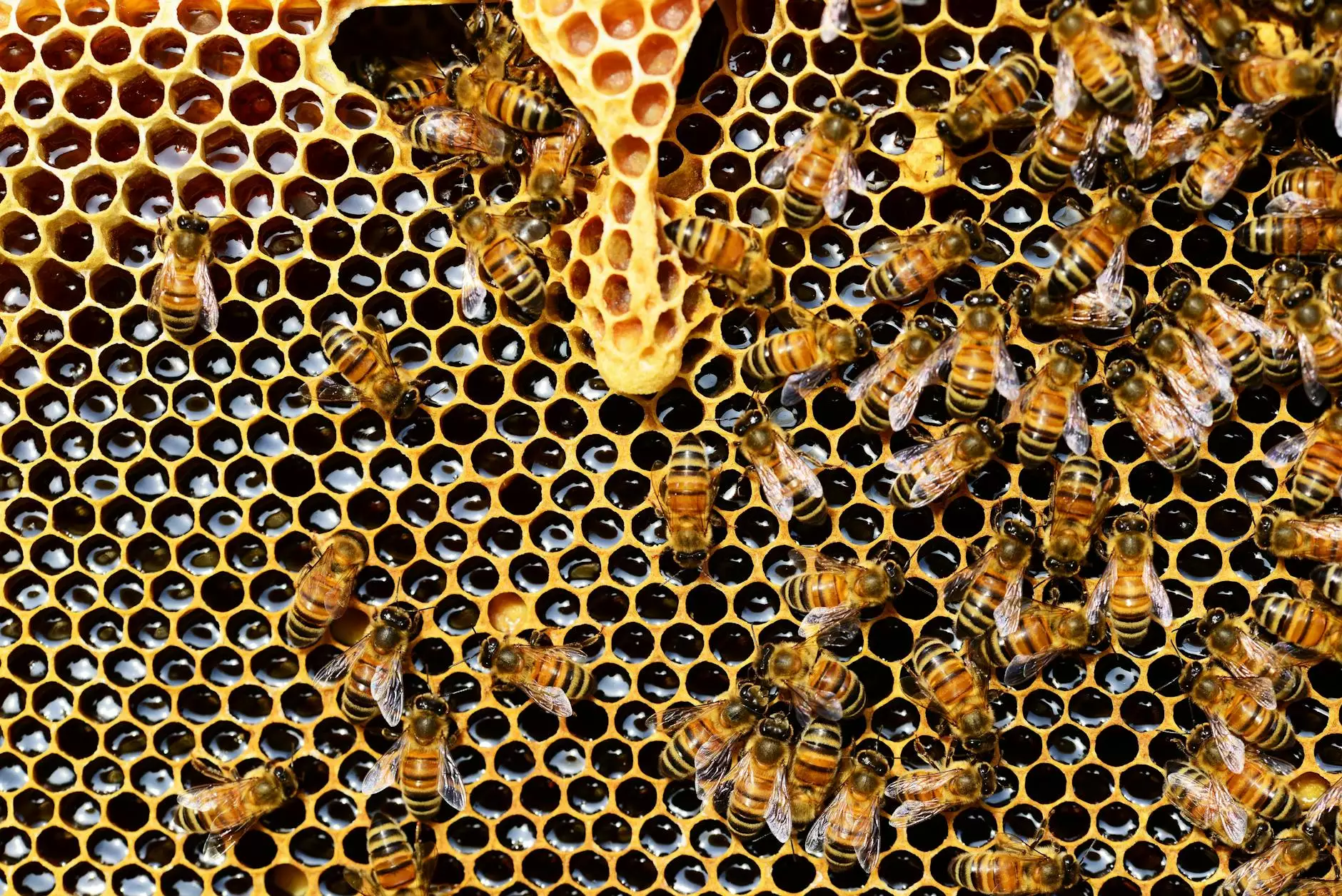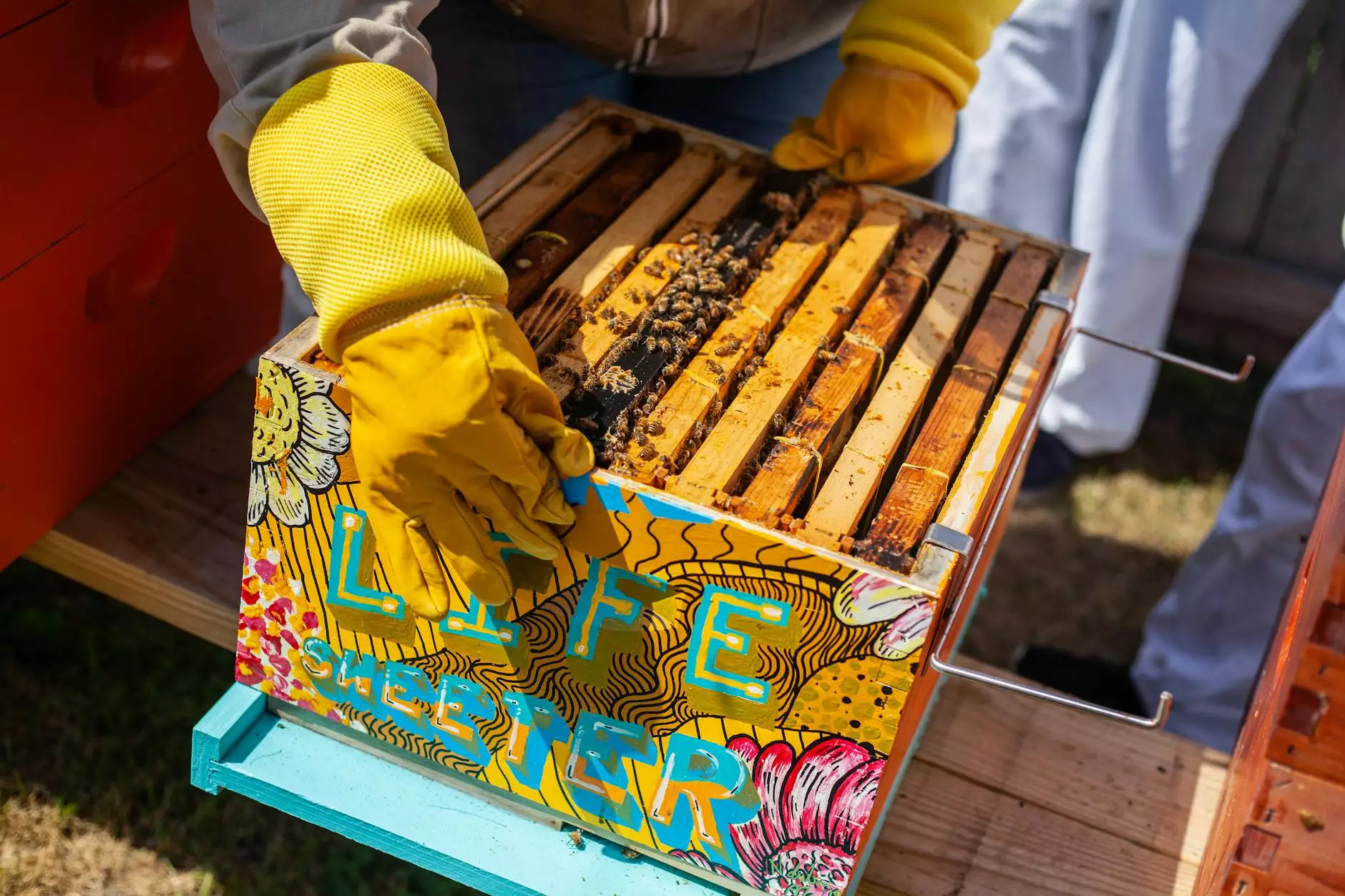Challenges Facing Our Honey Bees Today – 2017
Cabinets
Welcome to Screens Unlimited, your trusted source for information regarding honey bees and their vital role in our ecosystem. In this article, we will delve into the numerous challenges that honey bees are facing today and highlight the importance of actively working towards their conservation.
The Decline of Honey Bee Populations
Honey bees, as pollinators, play a crucial role in our food production. Unfortunately, in recent years, their populations have been declining at an alarming rate. This decline can be attributed to several factors:
Pesticide Use
The increased use of pesticides in agriculture poses a significant threat to honey bees. These chemicals can interfere with the bees' nervous system, impairing their ability to navigate and communicate effectively. Furthermore, pesticides can contaminate nectar and pollen, causing long-term harm to the entire colony.
Habitat Loss
Rapid urbanization and the conversion of natural habitats into agricultural land have resulted in a loss of diverse foraging areas for honey bees. With the reduction in floral resources, bees struggle to find enough food to sustain their colonies, leading to weakened immune systems and increased vulnerability to diseases.
Climate Change
Climate change has disrupted the intricate relationship between honey bees and the blooming of flowers. As temperatures shift, plants may flower earlier or later than usual, causing a mismatch between their peak bloom times and the bees' foraging schedules. This mismatch can have severe consequences for both the bees and the plants they pollinate.
Parasites and Diseases
Honey bees face various parasites and diseases that can weaken and decimate entire colonies. Varroa mites, for instance, are external parasites that feed on the bees' hemolymph, transmit viruses, and contribute to colony collapse disorder. Additionally, diseases like American foulbrood and European foulbrood can devastate brood populations, threatening the survival of honey bee colonies.
The Importance of Conservation Efforts
Recognizing the critical role honey bees play in our ecosystem and food security, Screens Unlimited is committed to raising awareness and promoting active conservation efforts. By taking the following actions, together, we can contribute to protecting these essential pollinators:
Reducing Pesticide Usage
Employing alternative pest control methods and adopting integrated pest management practices can greatly reduce the negative impact of pesticides on honey bees. This approach focuses on utilizing natural predators, crop rotation, and targeted pest monitoring to maintain healthy and sustainable ecosystems.
Creating Bee-Friendly Habitats
Preserving and creating diverse habitats that offer abundant sources of pollen and nectar is essential for honey bee health and survival. Homeowners can plant native wildflowers, herbs, and flowering trees in their gardens, while farmers can implement pollinator-friendly practices, such as leaving uncultivated edges or planting cover crops.
Supporting Beekeeper Associations
Beekeeper associations play a vital role in educating beekeepers and the public, facilitating the sharing of best practices, and promoting honey bee conservation. Supporting these associations through membership, donations, or volunteering helps ensure their continued efforts in protecting honey bee populations.
Spreading Awareness
By spreading the word about the importance of honey bees and their conservation needs, we can inspire others to take action. Hosting awareness campaigns, engaging in educational programs, and utilizing platforms like social media can help reach a wider audience and generate greater support for honey bee conservation.
Conclusion
As honey bees face unprecedented challenges, it is vital for individuals, communities, and businesses to prioritize their conservation. At Screens Unlimited, we believe in the power of knowledge and action. By understanding the challenges facing honey bees today and actively participating in their protection, we can secure a sustainable future for these remarkable pollinators.



